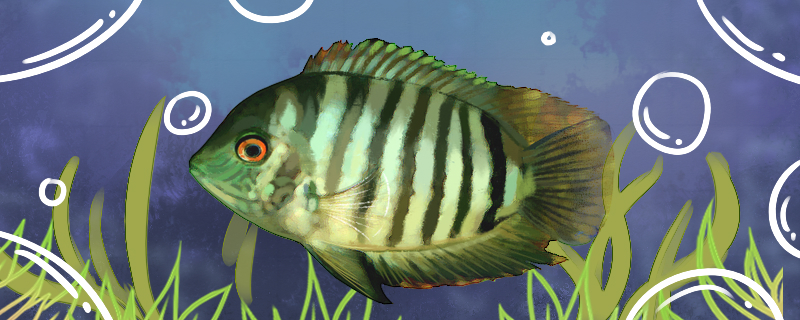
? Black pineapple fish is a common ornamental fish species in family breeding. When raising this kind of fish, we need to observe and treat the water quality in time. Breeders try to simulate the water quality of the original habitat in order to make the fish grow healthier. They have no temper most of the time and are very quiet and gentle.
But when the fish is in heat. Their temperaments change dramatically. This kind of fish tends to be very irritable and often solitary. Their personality will become somewhat solitary and they will stay away from the fish. This kind of fish is moderately difficult to raise.
black pineapple fish 1. Water temperature: When the temperature is higher, they will absorb nutrients faster. This fish is suitable to be kept in water at 22-30 ℃. Don't let the water temperature change too much during the feeding process. When feeding, the temperature difference should not exceed 2 ℃.
2. Water quality: In a weak acidic environment, their growth will be better. The fish should be kept in neutral or slightly acidic water at home. If they are fed with tap water, they need to be exposed to the sun. This will remove excess chlorine and other toxic substances from the water.
3. Feeding: They eat more live bait and are not very receptive to artificial feed. It is good to feed some frozen red worms or blood worms. Frozen bait can kill some of the pathogens.